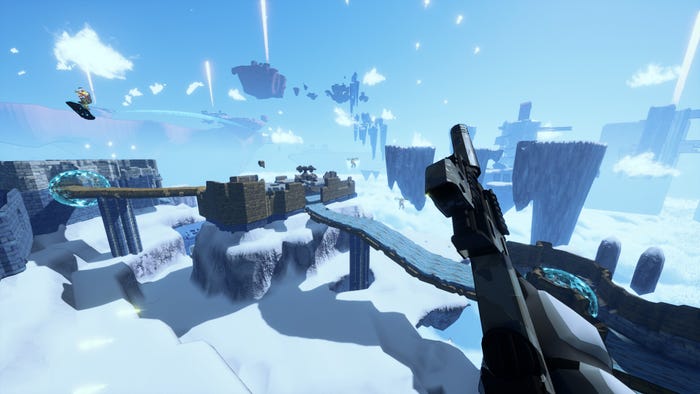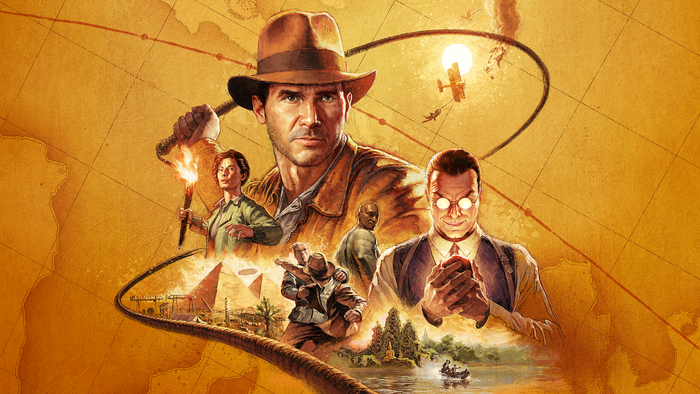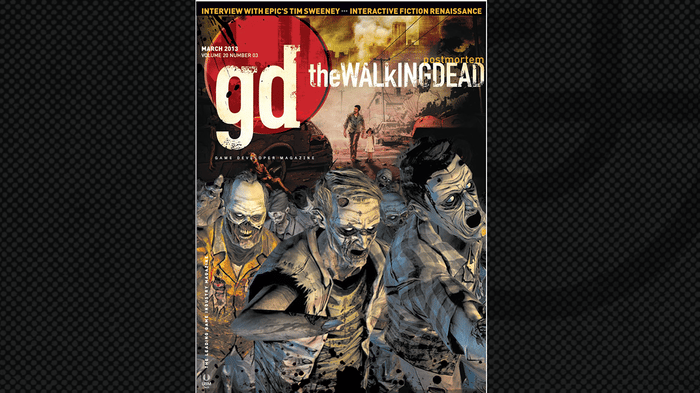Feature: 'An Analysis of the Game Product Lifecycle'
It this latest <a href="http://www.gamasutra.com/features/20070515/cook_01.shtml">exclusive Gamasutra feature</a>, Lost Garden blogger and industry veteran Daniel Cook analyzes just how "understanding the genre lifecycle trends can help you strategically

It this latest exclusive Gamasutra feature, Lost Garden blogger and industry veteran Daniel Cook analyzes just how "understanding the genre lifecycle trends can help you strategically position your game design for an improved shot at success", with many concrete examples. In this excerpt, Cook examines how product categories map to specific titles, noting the connection between game mechanics and product categories, as well as that established brands are often not enough to guarantee customer satisfaction: “Game genres are the most common way to splitting games into product categories. A game ‘genre’ typically refers to group of titles that share the same core game mechanics. Instead of ‘Romance’ and ‘Mystery’, we have ‘first-person shooters’ or ‘2D jumping and exploration’ titles. Day of the Tentacle and Monkey Island have radically different settings, but players understand that they both belong to the same game genre due to their similar play styles. Like most product categories, genres are ultimately defined by the customers. A customer purchases a random game and discovers that it fits their entertainment needs nicely. Since most individual games have a relatively short burnout period, the player returns to the store seeking another similar game. Often, they’ll find that the sequel is not yet available so instead they pick up a similar title. Occasionally, they’ll come across a game with the same brand, but with a different set of mechanics. Perhaps someone decided to make a Kings Quest 3D action game instead of an adventure game. The customers are often disappointed. For many game players, brand alone was not a meaningful measure of value. I find the strong connection between game mechanics and product categories quite fascinating. A very profitable segment of customers believes, despite all our effort spent on innovation, branding, packaging and licenses, that similar game mechanics are the defining characteristic of gaming value.” You can now read the complete feature, including more highly detailed insight from Cook on the video game product life cycle, including numerous visual aids and examples from Katamari Damacy, Gabriel Knight, and the canceled WarCraft Adventures (no registration required, please feel free to link to this column from external websites).
About the Author
You May Also Like









